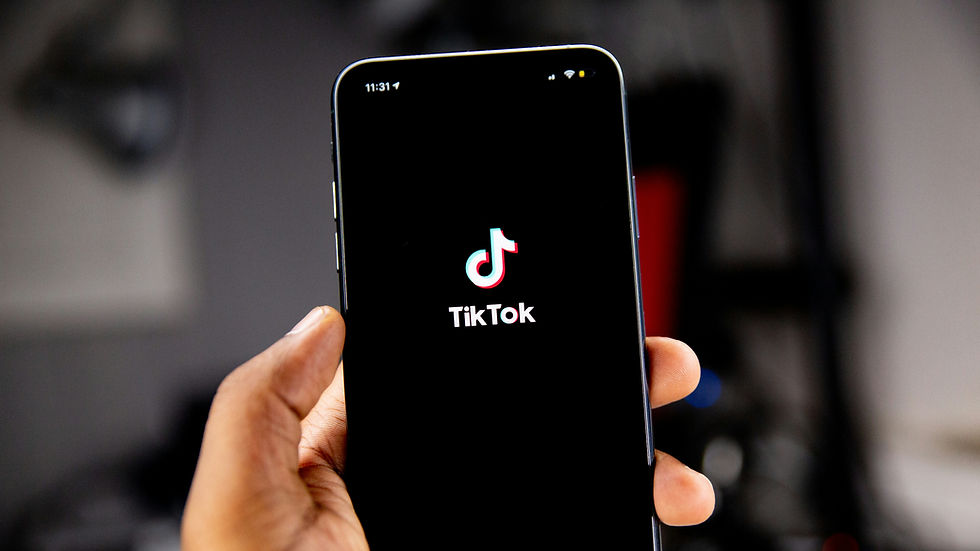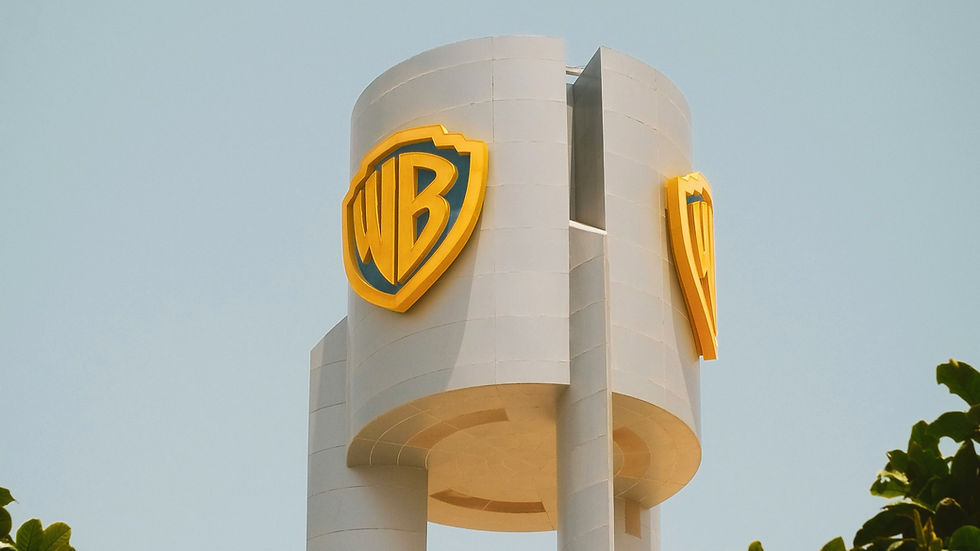Fosun Pharmaceutical Partners with UK Firm to Advance Cancer Care in China
- tech360.tv

- Nov 7, 2025
- 2 min read
Fosun Pharmaceutical has partnered with UK-based Leo Cancer Care to distribute its Marie particle therapy system in mainland China. This collaboration aims to make advanced medical treatment more accessible to cancer patients across the country, aligning with Beijing’s healthcare efforts.

The Shanghai-based company, a subsidiary of Fosun International, signed the distribution agreement with Leo Cancer Care. This deal followed the US Food and Drug Administration's regulatory clearance for the Marie system.
Stephen Towe, CEO of Leo Cancer Care, stated the partnership focuses on "human-centred care, patient comfort, and integration of advanced technology." He added that the Marie system could reduce total treatment costs by 50% compared with existing therapies.
Towe also noted the Marie machine is "20 times smaller than conventional radiation" technology used in traditional proton therapies. This compact design contributes to its reduced footprint, requiring significantly less space for treatment rooms.
Particle therapy, which includes both proton and carbon ion methods, allows medical professionals to increase radiation dosage to a tumour while minimising harm to surrounding healthy tissue. It can be used to treat cancers of the lung, breast, abdomen, and other areas.
The Marie system’s upright therapy delivers radiotherapy by rotating the patient. This innovative approach requires treatment rooms of approximately 30 square metres on a single floor, significantly less than the traditional three-floor, 120 square metres of space.
Currently, proton therapy often necessitates 200 tonnes of equipment, with construction taking about five years to complete. Leading global providers in this field include Siemens and Hitachi.
More than 100 proton therapy centres exist in approximately 20 countries worldwide, with a majority located in the United States. In China, the cost of proton therapy can exceed 500,000 yuan (USD 70,158).

Analysts estimate that less than 1% of Chinese patients who could benefit from proton therapy currently have access to the technology. Mainland China has reported over 4 million new cancer cases annually since 2020.
China’s National Cancer Centre has advocated for coordinated action among various organisations to bolster cancer prevention. Health authorities are also encouraging companies to pursue technological innovation for more affordable cancer treatment.
The agreement was signed at the China International Import Expo (CIIE) in Shanghai, described as the world’s largest import trade fair. The annual event drew 4,108 companies from around the globe, according to its organiser, the CIIE Bureau, a unit of the Ministry of Commerce.
The CIIE was launched in 2018 at the start of a trade dispute with the United States. China hoped increased purchases of foreign goods and services would demonstrate its commitment to free trade and market access.
At the recent CIIE, Fosun Pharmaceutical also showcased its latest products for immune-inflammatory disorders, central nervous system conditions, and kidney diseases. The company highlighted advancements across diagnosis, treatment, and recovery medical technologies.
Fosun Pharmaceutical partnered with Leo Cancer Care to introduce the Marie particle therapy system to mainland China.
The Marie system offers human-centred care, advanced technology, and a 50% reduction in treatment costs compared to existing therapies.
It is significantly smaller than conventional proton therapy machines, requiring only 30 square metres of space.
Source: SCMP


